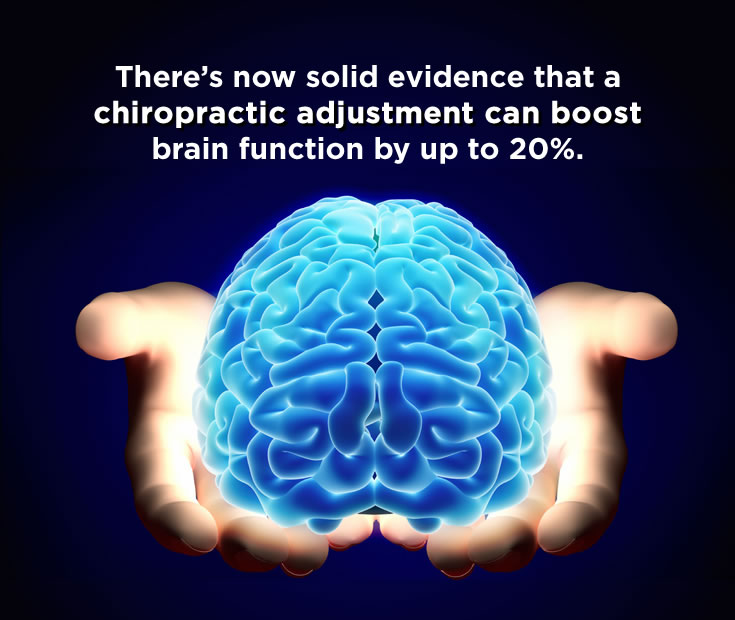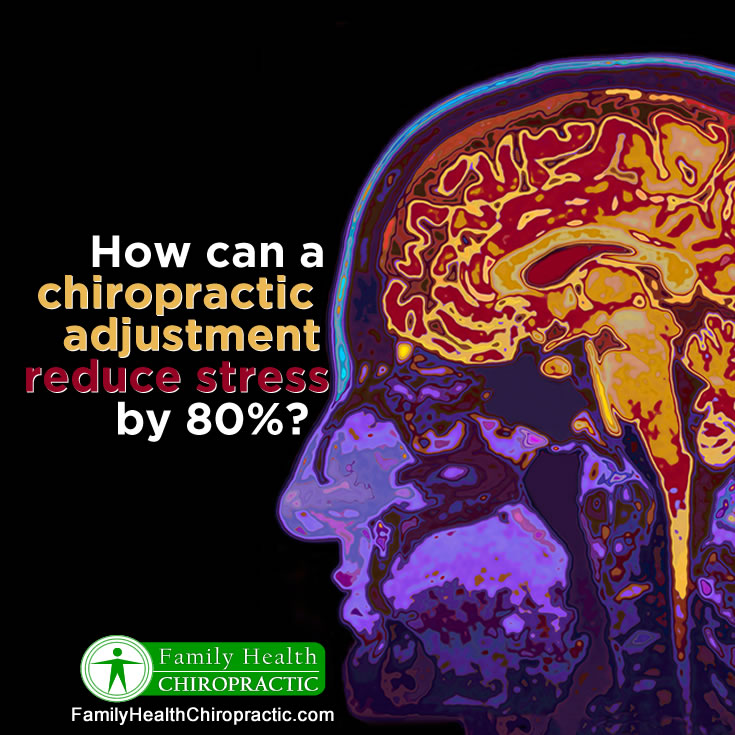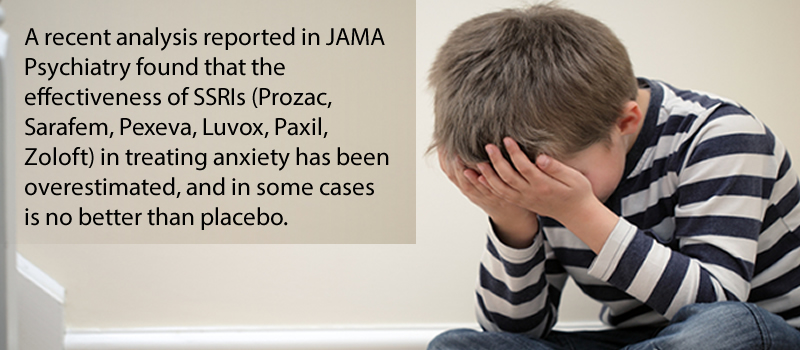Chiropractic Adjustments Reduce Stress Markers by 80%
We all know what it’s like to experience stress. Whether it’s emotional, physical or spiritual, we’ve all dealt with stress at some point in our life. In fact, stress is quickly becoming a sort of new normal in today’s hectic, fast paced, high pressure society.
Research published in 2008 showed that up to ninety percent of all primary care doctor visits dealt with stress-related complaints. Millions of people receive medical advice that handling stress can be dealt with by simply taking medication. While medications are an easy way to combat anxiety and stress, they certainly pose a number of problems and serious downsides. They can actually set back your ability to cope with anxiety in the future, and if you take them for anything other than an anxiety disorder they can be very problematic.
Research also shows that anti-anxiety medications are on the rise. Not only does the use of anxiety medications skip over the crucial element of development that includes coping-mechanisms, it also turns people into addicts. These drugs are far froma cure. In fact, there are even many questions about their long-term effectiveness. According to the American Academy of Family Physicians, benzodiazepines lose their therapeutic anti-anxiety effect after 4 to 6 months of regular use. And a recent analysis reported in JAMA Psychiatry found that the effectiveness of SSRIs (Prozac, Sarafem, Pexeva, Luvox, Paxil, Zoloft) in treating anxiety has been overestimated, and in some cases is no better than placebo.
There are now 386 drug regulatory agency warnings, 429 research studies and over 400,000 documented adverse effects on the use of psychiatric drugs prescribed to children.
Obviously safe, long-term treatment of stress and anxiety demands that attention be turned to science and research that point to a healthy alternative. Stress symptoms should not be taken lightly. It is important to address the symptoms and find ways to reduce the stress. Chiropractic can help.
What is stress?
In literal terms, stress is the state of emotional or mental strain, pressure, or tension that result from difficulties, adverse situations, or extremely demanding circumstances. However, the very nature of stress by definition makes it very subjective. What is considered an adverse situation to one person may not impact another the same way. Your ability to handle loud noise, screaming children, deadlines from work or witnessing a violent act is very different from mine. This makes it difficult to pin down a precise, universal definition.
What are the symptoms of stress?
Stress symptoms can affect the entire body, both physically and mentally. Common symptoms of stress include:
- Sleep problems
- Depression
- Anxiety
- Muscle tension
- Lower back pain
- Gastrointestinal problems
- Fatigue
- Lack of motivation
- Irritability
- Headache
- Restlessness
- Chest pain
- Feelings of being overwhelmed
- Decrease or increase in sex drive
- Inability to focus
- Undereating or overeating
How do stress symptoms affect health?
Technically, stress itself does not have a negative impact on health. I will even go so far to say that humans require stress. Stress forces us to adapt and get better. The problem is when there is failed adaptation. Some people deal with situations that others would consider to be stressful, yet they never exhibit the first symptom. This again speaks to the subjective nature of stress. Different people experience different symptoms and it is a combination of the stress symptoms and how the person handles those symptoms that adversely affect health.
Ultimately, stress symptoms can lead to some very serious conditions including heart disease, hypertension, diabetes, obesity, and even certain cancers. Psychologically, it can lead to social withdrawal and social phobias and even shrinkage of the brain. It is also often directly linked to alcohol and drug abuse.
How can chiropractic help relieve stress symptoms?

The most harmful effect of stress first occurs in the brain. Therefore, strategies and solutions to minimize and cope with the effects of stress must begin with the brain. And If you already understand that chiropractic is all about improving Brain and Nerve function, then it should be pretty clear as to how chiropractic can help reduce stress.
Scientists conducted a 2017 study on the brain utilizing a $3 million PET (Positive Emission Tomography) scan. PET scans provide images that allows doctors to check for diseases and adverse function in the body including brain activity. Part of the exam is to inject a special dye with radioactive tracers into a vein of the arm. Organs and tissue absorb the tracers and allow the PET scanner to evaluate function while measuring an array of data ranging from blood flow to oxygen use and much more. Doctors primarily use PET scans to test for cancer and to evaluate the function of the heart, brain, and nervous system.
The 2017 study evaluated the effects of a Chiropractic adjustment using the PET scan technology on 21 different subjects. The PET scan determined that brain function increased and stress levels decreased in every single subject. Measurements also recorded the occurrence of multiple changes in brain activity. Movement, posture, emotions, learning, and memory centers of the brain all improved after the Chiropractic adjustment.
Brain processing experienced a reduction in fight or flight activity and led to relaxation in the brain and reduced tension in muscles. Measurements also showed an 80% decreased level of stress chemicals in the saliva of those subjects who received chiropractic adjustments compared to “control” subjects.
The PET scan concluded that Chiropractic adjustments reduce stress by changing the brain. Regular Chiropractic care amplifies the body’s natural defense against chronic stress and disease. The 2017 study adds another page into an ever growing compilation of evidence-based research proving the positive impact made by regular Chiropractic adjustments on hormones, emotions, cognition, and memory. Chronic stress begins in children and manifests in disease and sickness at all ages. Stress continues to be the single largest reason for doctor-related visits in today’s culture.
Chiropractic plays a vital role in helping men and women of all ages overcome the effects of stress without dangerous drugs and chemicals.





